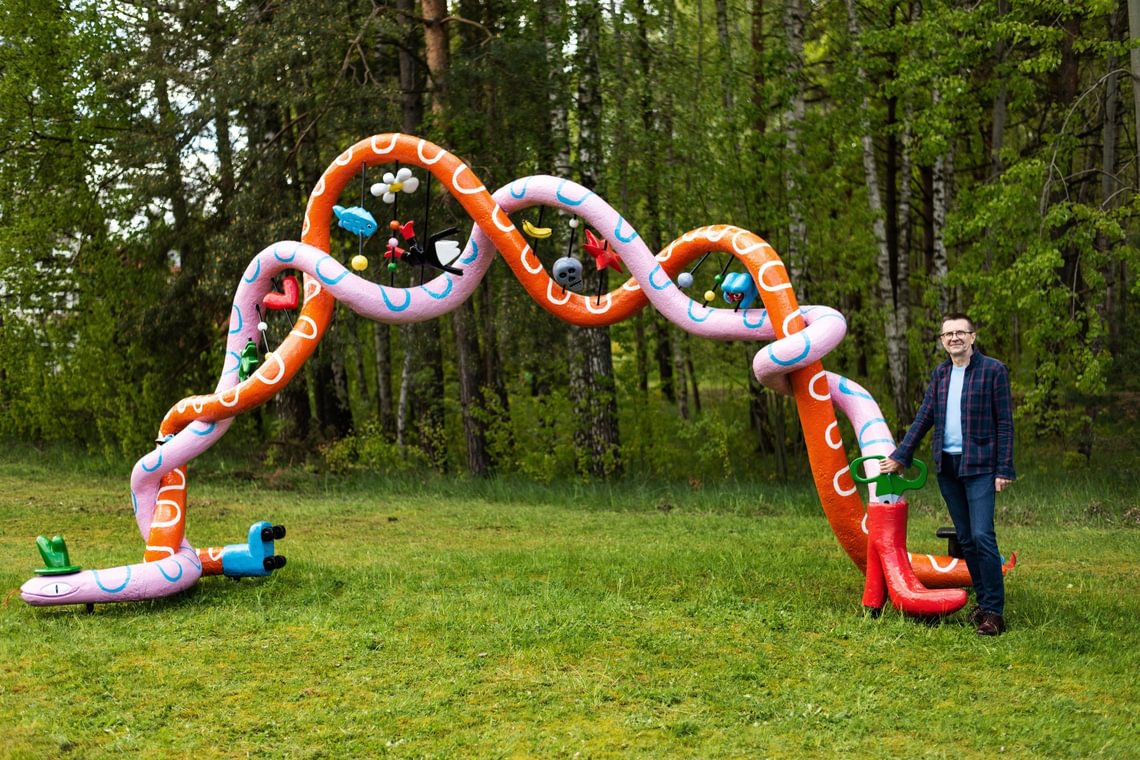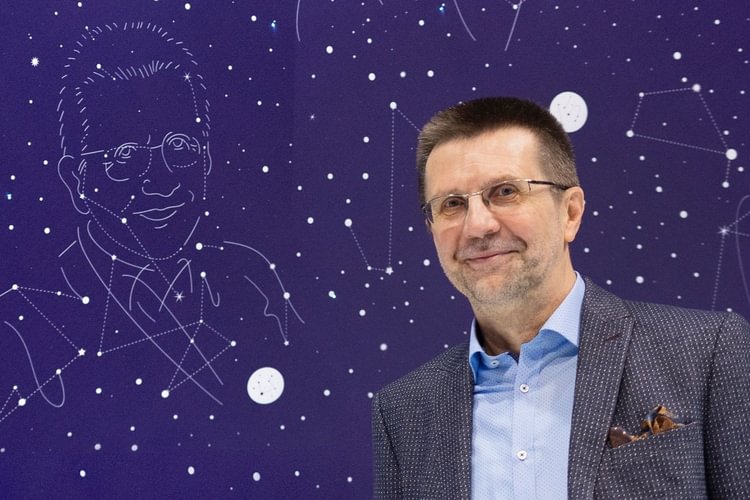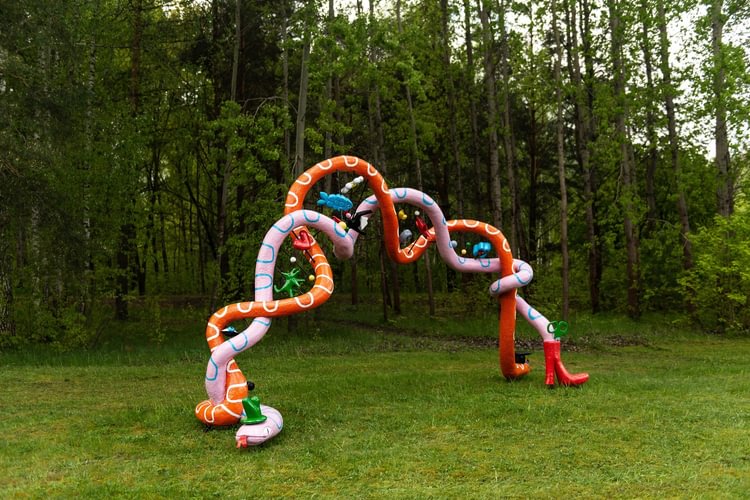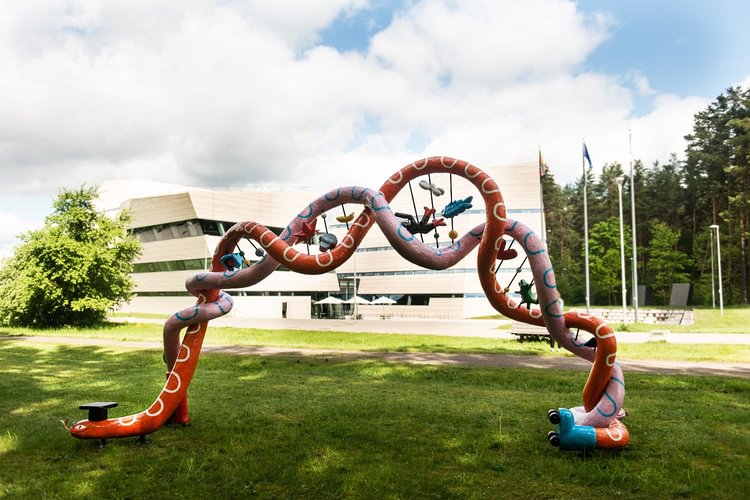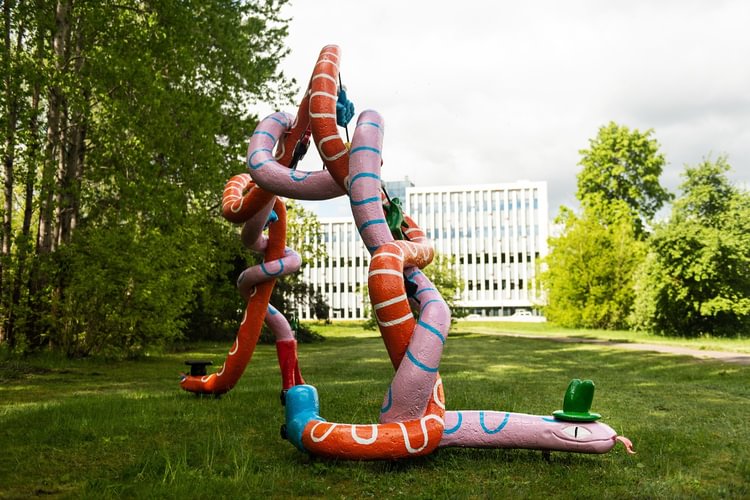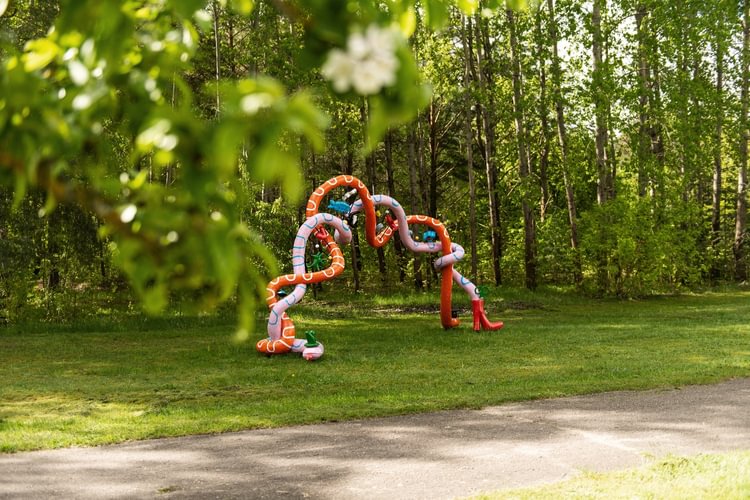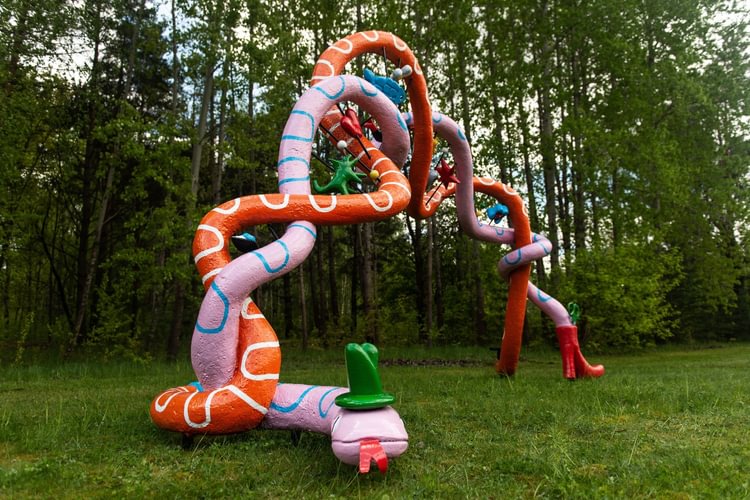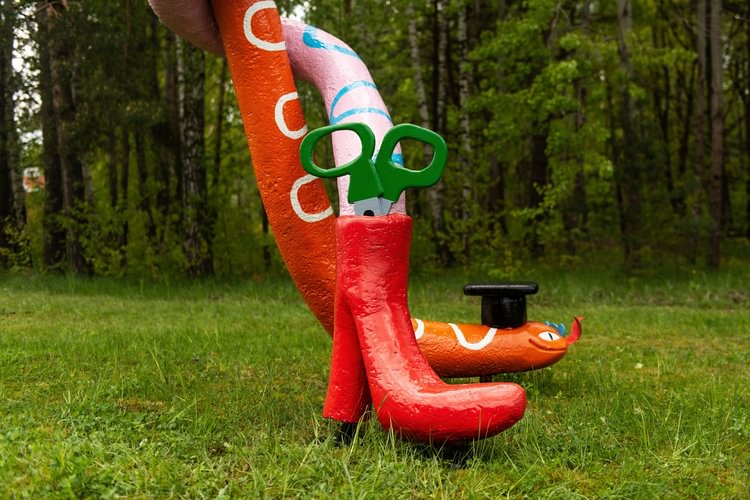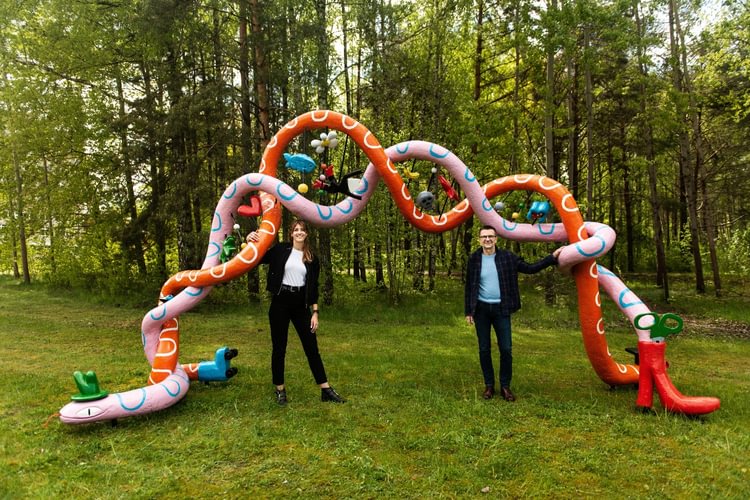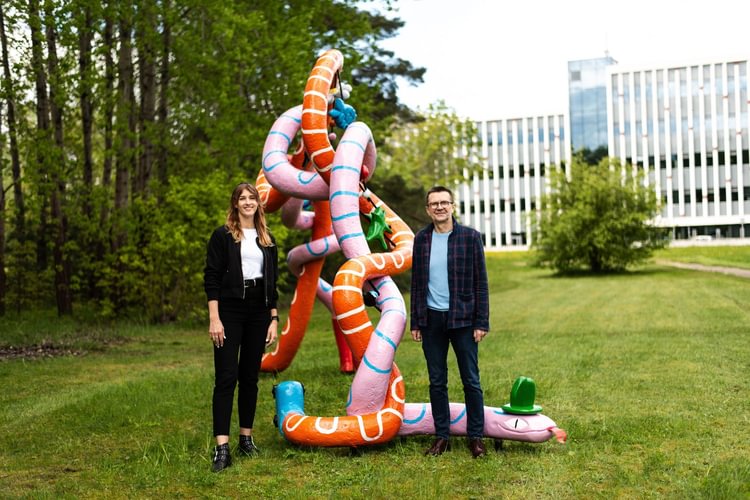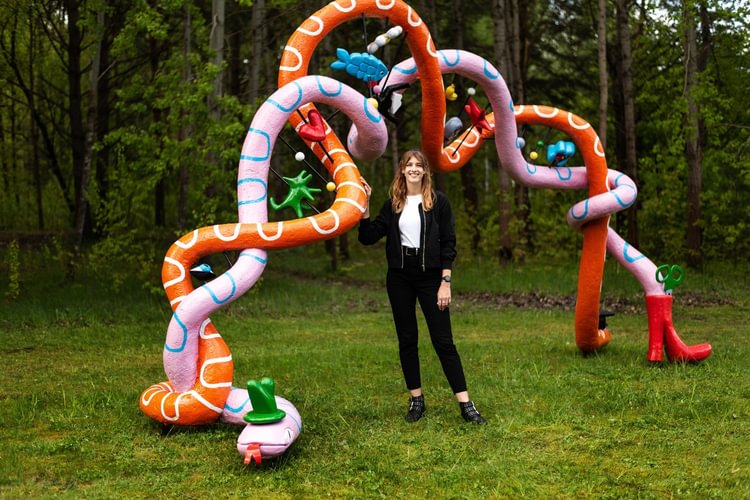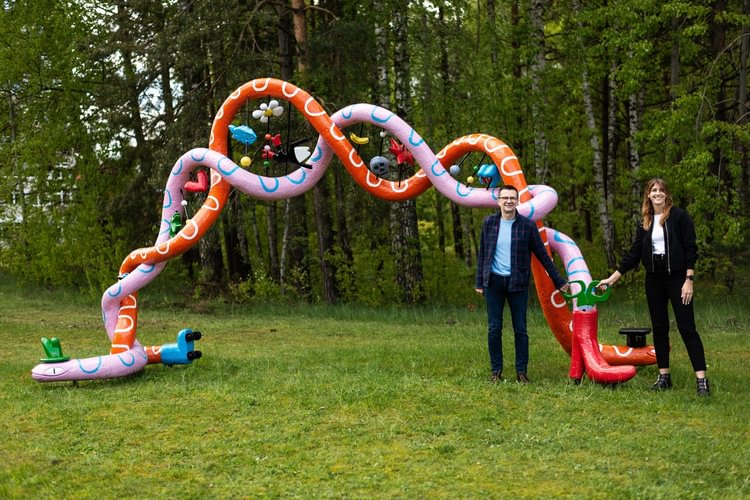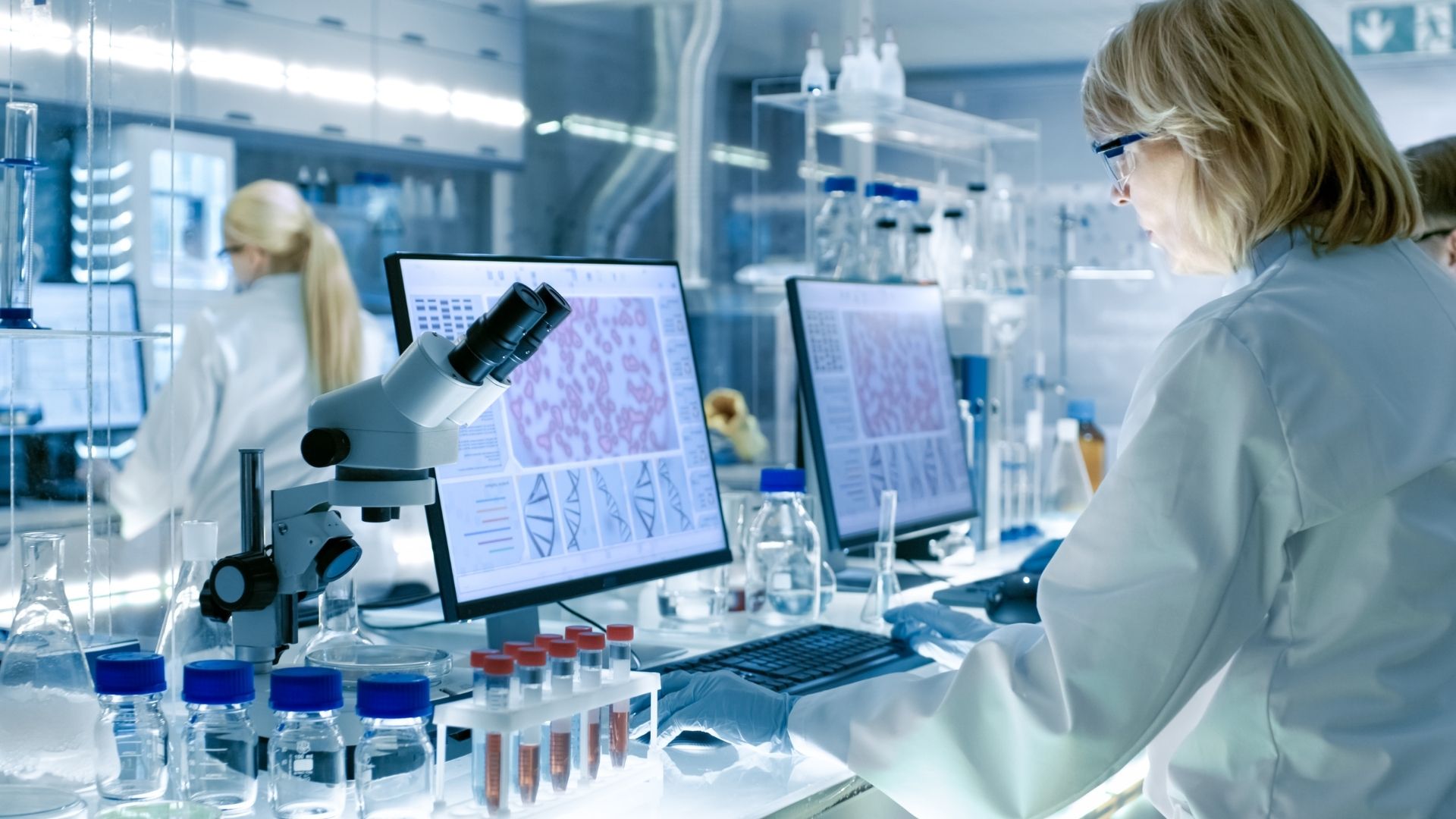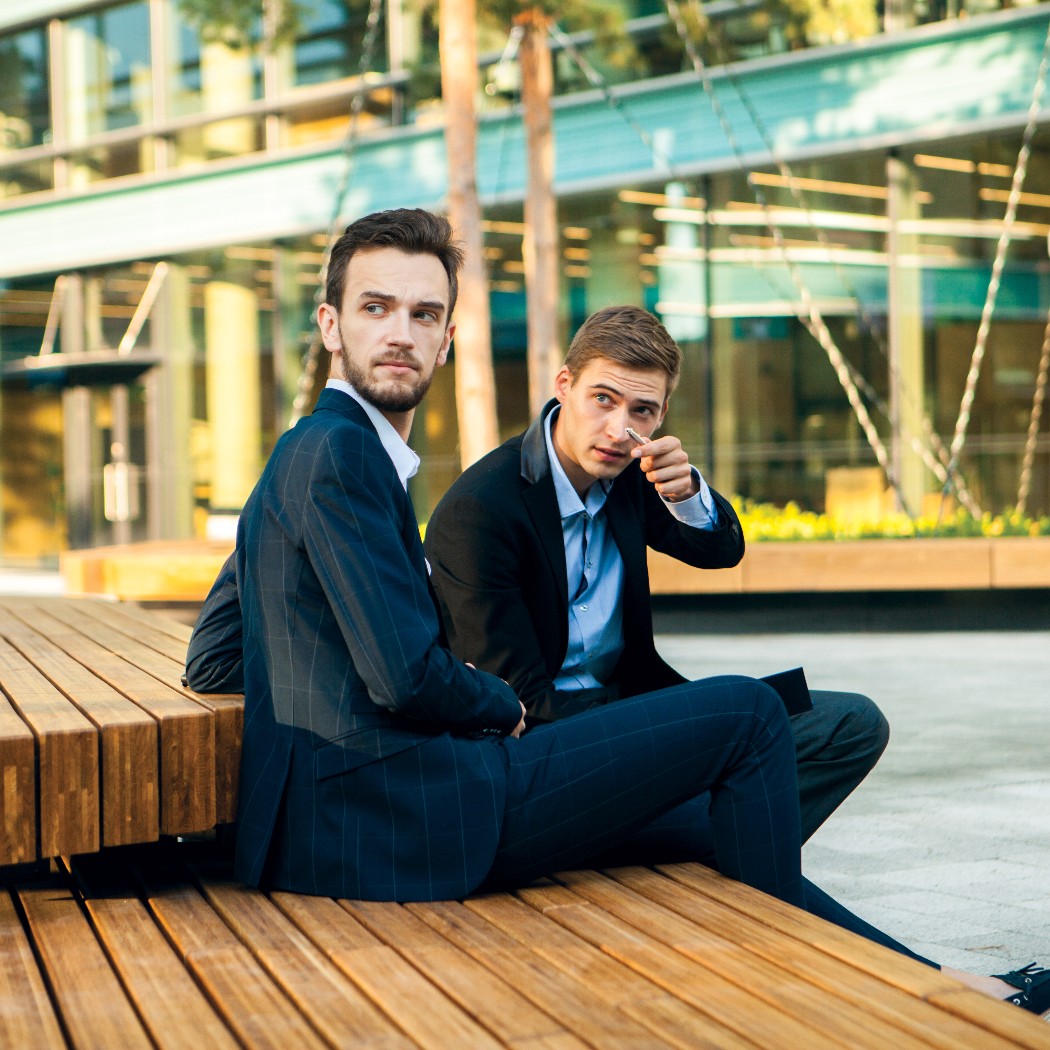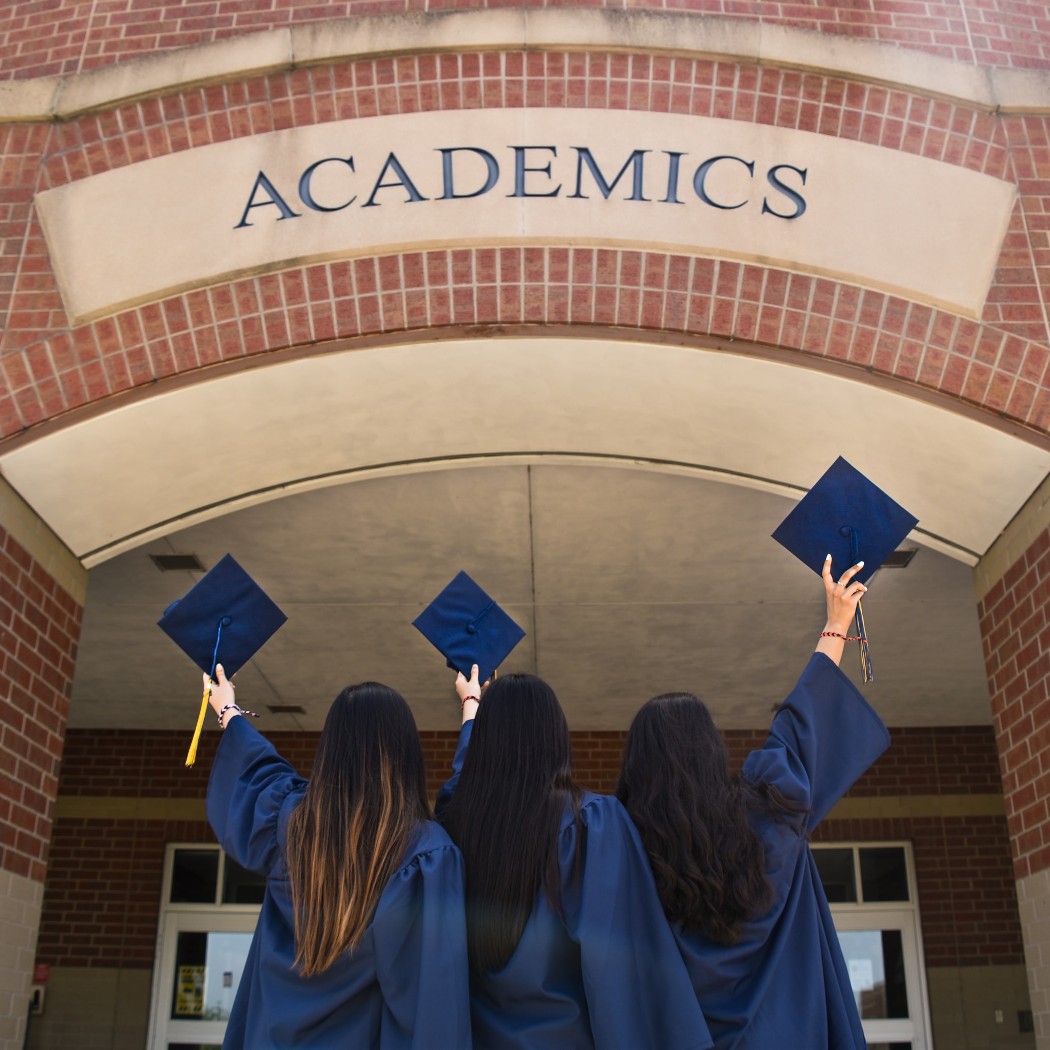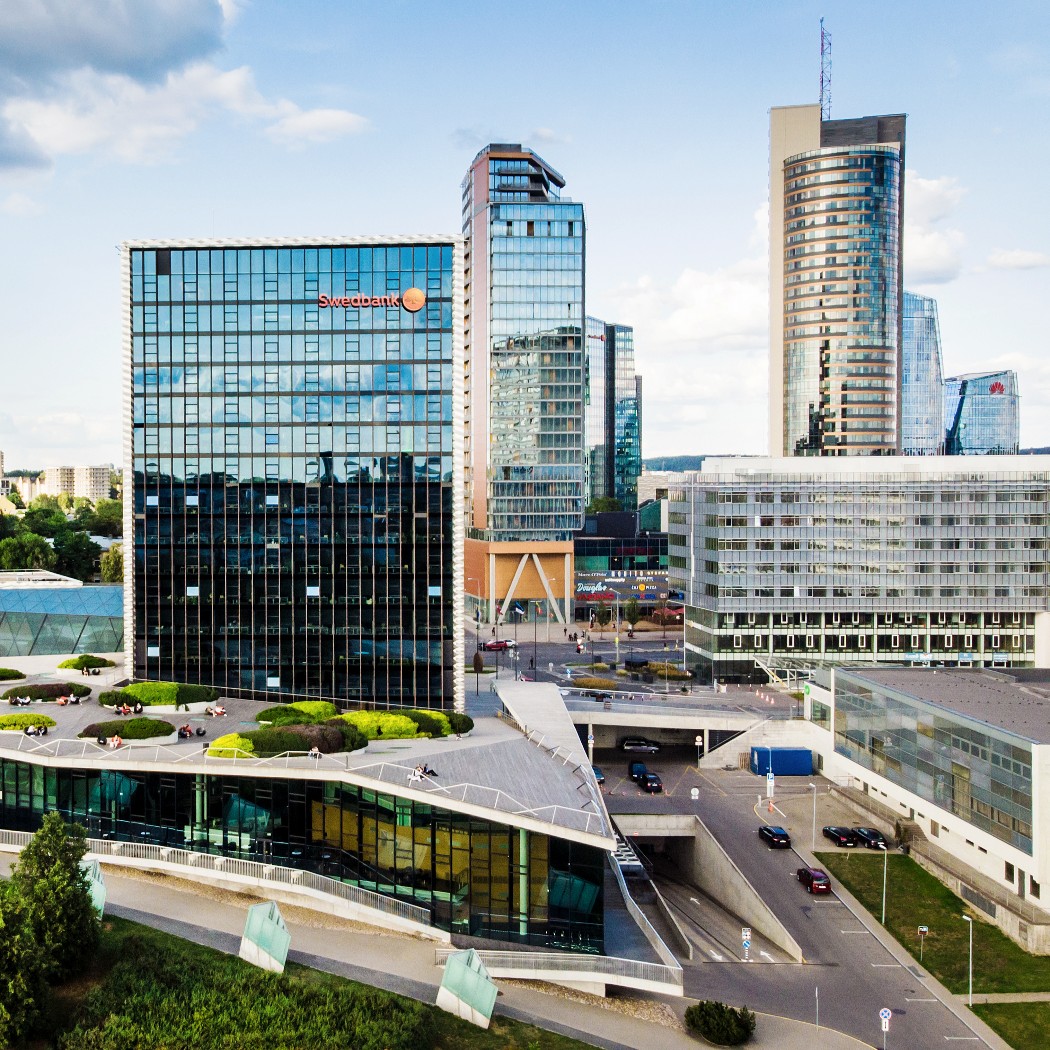Revolutionary Life Sciences Innovations are Born in Vilnius
Vilnius is celebrating the exciting discoveries in the life sciences that have been made by prominent local scientists with a funky new DNA sculpture made by artist Eglė Žvirblytė. The colourful sculpture was recently installed near Vilnius University’s Life Sciences Centre as a tribute to the city’s scientists, including Prof. Virginijus Šikšnys, who has made significant contributions to the Nobel Prize-worthy gene scissors CRISPR-Cas9 technology.
Vilnius has also funded a scholarship in the scientist’s name to inspire local and foreign talents and motivate them to pursue big ideas in their studies and scientific work in Vilnius. The annual €10,000 EUR scholarship will be financed for five years with the possibility of an extension.
Discovery Is Embedded in Vilnius’ Genes
The Nobel Prize-winning discovery of the so-called ‘genetic scissors’ was made simultaneously in the laboratories of at least two universities in the world, including Vilnius University. Scientists Emmanuelle Charpentier from the Max Planck Institute in Berlin and Jennifer Doudna from the University of California won the Nobel Prize in Chemistry for discovering and developing the CRISP-Cas9 gene-editing tool.
However, this technology was also discovered and developed by Prof. Virginijus Šikšnys when he independently demonstrated that DNA-cutting by the Cas9 protein can be used for programmed genome editing in 2012. He received the Warren Alpert Prize from Harvard University for his discovery and even won the prestigious Kavli prize alongside his above-mentioned colleagues, who eventually won the Nobel Prize. Prof. Virginijus Šikšnys is still dedicated to advancing genome editing technology and hopes that his discovery will help treat genetic diseases worldwide in the coming years.
Prof. Virginijus Šikšnys | Photo by E. Kurauskas
A funky sculpture to inspire even more CRISPR technology discoveries
The sculpture depicts the CRISPR-Cas9 technology, which is also called genetic scissors. The sculpture symbolises both the technology itself – a part of one organism is inserted into the DNA chain of another one – and the evolution of life. However, it doesn’t strive for scientific accuracy; instead it expresses an emotional response to the importance of V. Šikšnys’ discovery. The sculpture also serves to inspire curiosity that can lead to the development of new applications for the genetic scissors to improve our lives – from treating genetic diseases to producing allergy-free foods and greener fuels, and much more. Eglė Žvirblytė, the artist behind the sculpture, is closely connected to biotechnology, too – her parents are well-known biotechnologists. The artist wants her work to challenge people to ask questions that can lead to the next great discovery.
Try this Instagram filter to see the virtual DNA sculpture wherever you are, even if you cannot visit Vilnius right now. Stay curious!
Vilnius Well-Positioned to Become a Life Sciences Leader
Vilnius is among the global leaders in the life sciences and is well-positioned to continue developing in this field. New facilities, EU funding, strategic partnerships between scientific institutions and companies, and talented professionals are putting Vilnius on the map as an innovator in the life sciences.
Moreover, the European Laboratory of Molecular Biology (EMBL) is opening its next partner institute at the LSC, making Vilnius home to its sixth laboratory for the life sciences. Ground-breaking discoveries made in Vilnius have already shaken the world and teams of life scientists are currently driving new developments in the fields of nanobiotechnology and biosensors, as well as conducting research in the field of physical chemistry.
Vilnius Pioneering the Digitalisation of Sciences Centers
As the city continues to attract foreign talent and researchers, it’s also opening doors for virtual hub visits – the capital's leading research and life sciences centers are now available for 3D tours.
The National Centre of Pathology, an affiliate of the Vilnius University Hospital Santaros Klinikos and a unique laboratory in the Baltic Region, is among the digitalised facilities currently available for 3D tours. It offers services such as general and specialised pathology testing, along with innovative process management and information technologies focused on leveraging the power of AI.
The Vilnius University Life Sciences Center, which serves as a key player in Vilnius’ life sciences ecosystem, is also accessible online in 3D. Researchers can now be assured that the center offers the finest equipment and top-level scientific services.
The Santara Fertility Centre, Lithuania’s first public academic fertility clinic, can be visited online in 3D. As the country’s leading centre for infertility diagnostics, treatment and preservation, it carries out medical activities based on the concept of personalised healthcare and making common decisions with patients. Around 40 percent of all assisted reproductive technology cycles in Lithuania are performed here.

